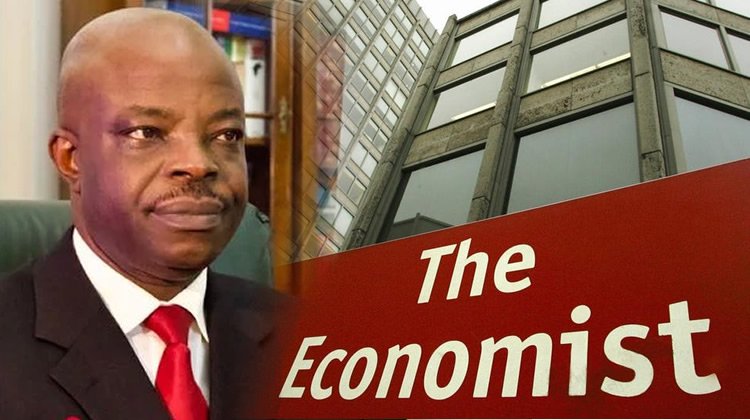There are no products in your shopping cart.
| 0 Items | £0.00 |


NIGERIA'S high commissioner to the UK Ambassador Sarafa Ishola has castigated London magazine The Economist for what he described as its unfair depiction of Nigeria when addressing the current issue of insecurity facing the nation.
Part of the Financial Times Group, the Economist has always taken a keen interest in Nigeria and regularly reports ion developments across the nation. Recently, the publication dud an expose on the growing insecurity ravaging the nation, examining issues such as the activities of Fulani herdsmen, kidnapers, Boko Haram insurgents and armed bandits.
Writing to the management of the magazine in response to the article titled Insurgency, Secessionism and Banditry Threaten Nigeria, Ambassador Ishola said the coverage was unfair and selective. He noted that the issues confronting Nigeria have been long-standing and the administration of President Muhammadu Buhari is achieving tremendous results in tackling them.
Ambassador Ishola wrote: “The Economist is correct to point out the multiple security and governance challenges that Nigeria presently faces but the picture that you present is selective and unfair to your readers. The decay of agencies and institutions has gathered momentum for decades and there is no quick or simple fix and it is unwise to pretend otherwise
“There has been progress as Nigeria works closely with partners in the Sahel region, Europe and the US on security and intelligence and it is not an accident that the leadership of militant groups is weaker than it has ever been. You highlight the need for police reform, which is a process that President Buhari’s administration has led, including the disbandment of the Special Anti-Robbery Squad and we are already working with the UK and others on training and equipment.”
In addition, the high commissioner described Nigeria’s robust Covid-19 response as well as the president’s battle to provide stable energy for the country as noteworthy. He also pointed out that progress being made by the administration in the agriculture, creative arts and technology sectors among others does not sit well with corrupt -minded individuals in the country.
Ambassador Ishola said: “Nigeria is far from being the only country that faces the challenge of trying to deliver overdue change in a political culture that tilts towards special interests that are often selfish and short-term. Optimism in sectors as diverse as agriculture, creative arts and technology point to the opportunities that are already being realised bit it will be a long haul.
"A corrupt cabal will say we are not doing enough but what they mean is that we have already done too much in terms of ending the impunity enjoyed by the few and helping to enfranchise the many. We are on the frontline of the international struggle against violent extremism, climate change and a host of other issues."